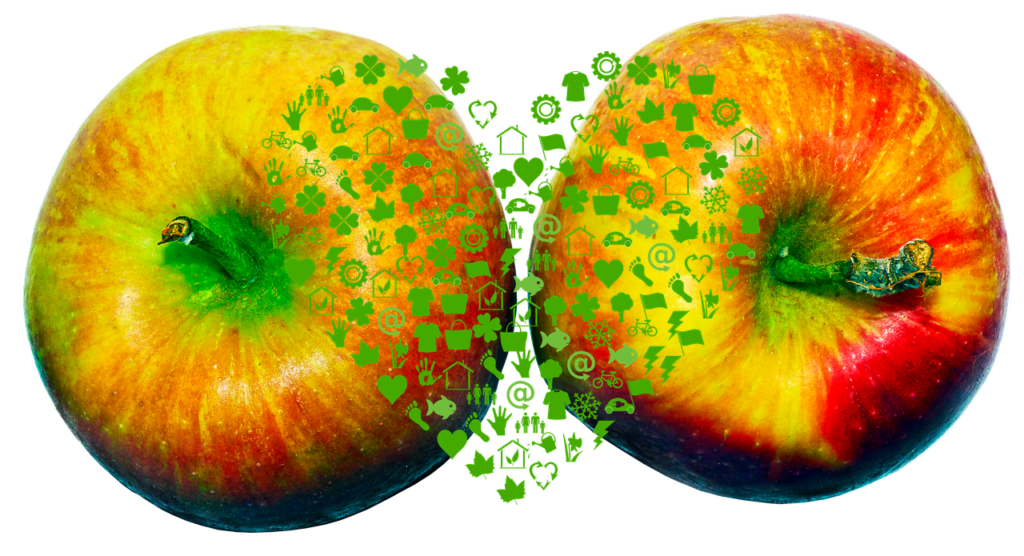The project / Expected results
LIFE ALGAECAN will strive for achieving the following results
Treatment of a minimum of 2m3/day of FVPI wastewater in a solar-powered prototype constructed in a specific way (demountable tanks and equipment containerisation) that makes it easy to transport and install/ uninstall, thus allowing flexibility in operating conditions (the treated amount can be higher according to effluents quality).
To obtain a high quality final effluent, 100% free of pathogens and xenobiotic compounds that can be reused (e.g. in irrigation and cleaning) or discharged into watercourses.
To reduce the cost of FVPI treatment over 80% when comparing with a traditional aerobic treatment plant, by using solar radiation and biomass as energy sources and avoiding traditional costs associated with aerobic sludge management. This reduction could be even higher if the potential incomes from algae-based products selling are considered.
To reduce by 100% the environmental impact associated with waste sludge generation in traditional aerobic treatment systems and its (usual) landfilling. This is translated in a saving of 1.15 kg CO2 equivalent / kg of sludge avoided (indicator calculated after being modelled on software Simapro 8.2 and using the methodology IPCC 2013 GWP 100a).
To reduce by 100% nutrient losses associated with waste sludge generation in traditional aerobic treatment systems.
To have a technology of general application to the fruit and vegetables processing sector, totally replicable, no matter the location of the facility or the product processed.
1 prototype operating at 2 demo sites: 1 in Spain and 1 in Slovenia.
2 replication studies for transferring the project findings in 2 “follower facilities”: 1 in Greece and 1 in Germany.
4 suggestions for full-scale implementation (including commercial offers) of the proposed innovative treatment in the 2 companies hosting the demo facilities and in the 2 above mentioned follower facilities.
2 microalgae-based product valorisation studies, as animal feed and biofertilisers, in collaboration with 2 sector-related companies.
Dissemination of good practices. Creation of a network of contacts for disseminating project results and extending the project scope. Estimated more than 2,000 entities/individuals from all the sectors.
Dissemination of project results at national and international level through the dissemination plan and networking activities. Estimated more than 50,000 people from all the sectors.

